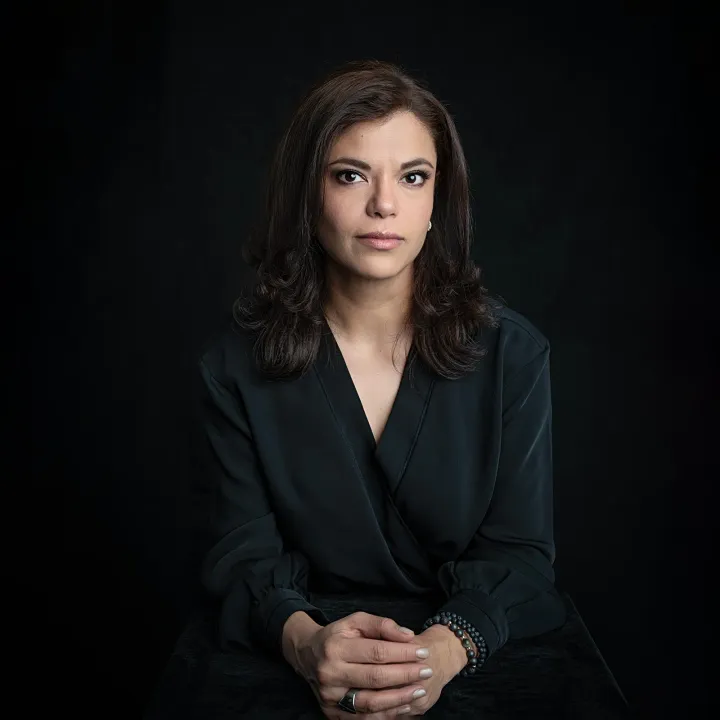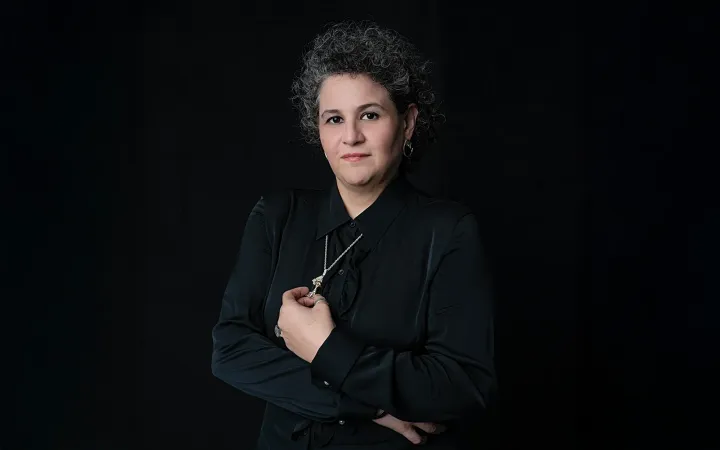Por Areli Paz Trejo
Violencia: el arrebato doloroso de la tranquilidad y la seguridad
Zozobra: Miedo latente que corta por ratitos la respiración.
Esperanza: pensamiento diario de que pronto pasará
Ojalá pronto pudiéramos decir que la violencia es cosa del pasado para México.
Ojalá pronto pudiéramos decir, “muy bien, esta estrategia sí funcionó, no importa el partido, el personaje o la ciudad, la vida sería más ligera, no tener que cuidarse del que asalta, del que estafa o del que mata”.
No tener que volver a ver imágenes de gente en pedacitos. No tener que registrar feminicidios, no tener que huir de nuestras ciudades y familias.
Culiacán tiene mes y medio en zozobra, con esa respiración que se entrecorta para escuchar un estruendo y tratar de descifrar si fue un balazo o una explosión.
Poco a poco fueron llegando a mi historias que me conmovieron y que me dieron una perspectiva humana de la tragedia.
Familias escondidas en casa para no ser blanco de la violencia, familias que tienen que salir para ganar dinero y llevar comida a casa, cambiar horarios, modificar rutinas y estrechar lazos familiares y de amistad a través de un WhatsApp.
Cada nombre es referencial. Para darle identidad a cada historia.
Una ráfaga de balazos hizo que Juan corriera despavorido, esa tarde en Culiacán, una de hace más de mes y medio le cambió la vida.
Juan es vendedor, desde hace 10 años vive en Sinaloa porque encontró una forma de vida que lo alejó del estrés de la Ciudad de México, su esposa es de allá y la familia es muy cariñosa y franca, relata Juan. Su negocio es de tecnología y ya tuvo que cerrar.
La maestra Fany creyó que pasaría pronto, “ ya sabemos cómo se vive acá con violencia, pero nunca habíamos vivido esto” me cuenta con la voz entrecortada. Hace pausas para tomar respiración y decir que sus alumnos y ella vuelven a clases de vez en cuando, “ cuando la cosa parece que se calma” pero en realidad lo hacen con miedo, casi siempre han terminado estas semanas en casa y usando el zoom “ como cuando la pandemia”, no, mucho peor, en la pandemia sabían sistemáticamente cómo cuidarse y cómo darse licencias para verse, abrazarse y recuperar su vida. El enemigo era un virus, también había muerte y tristeza pero era posible vivir.
Con la violencia desatada hace mes y medio la desolación, la depresión y la angustia se adueñan de la vida de niños y adolescentes que no encuentran explicaciones sencillas. Dice Fany que todos saben de la violencia, que es conocida, pero nunca así. Que pasa por todos los ánimos, tristeza, enojo, rabia y frustración, trabajo diario para mantener su salud y la de los que ella tiene a su cargo, porque se sabe responsable de ayudar a los alumnos con los que día a día comparten una vida en el encierro o en el aula con miedo “por aquello de cualquier cosa”.
Dice que sus chicos no opinan de un grupo o de otro, pero en la red y con el celular se van avisando por dónde sí pasar, por dónde ir por comida rápida y regresar a casa.
Dice que en Culiacán no es que normalicen la violencia, es que tienen que adaptarse, pero que esta vez hasta culpables se sienten cuando logran salir de casa, ven a los suyos y regresan sanos y salvos a dormir a su cama.
Luis, tiene un negocio que ya no puede sostener, él tiene dos hijos, la pequeña no entiende mucho lo que pasa, pero sus salidas a la calle suelen ser ahora veloces y con un papá que se siente culpable porque un sábado a medio día decidió “ sacarla tantito” y les tocó balacera con un muerto que dejaron a unos metros, le tapó la cara trató que no se angustiara, pero en la escuela, el día que volvieron, los hicieron ensayar por si se registraba una balacera, la clase fue eso, esta chiquita regresó a casa angustiada. “¿Qué le dices a un niño o niña de esto, cómo les explicas? Que así como habemos buenos, están los malos” dice resignado.
Luis no cree que la cosa termine pronto y asegura que no tiene plan B, que lo que hay en Culiacán es su vida y no alcanzaría para una huida.
Melisa tiene una estética, “muchas guapas vienen, no trabajan, lo suyo es verse guapas y acá las atendemos, estudie porque me obligaron, lo mío es la belleza”. Melisa dice que nunca pregunta nada a sus clientas, que por respeto y por autocuidado aprendió a llevar conversaciones ligeras, “ la novela, el programa, la moda, las Kardashian, que el Nodal y la Belinda, ora que ya se casó”, dice que nada de intimar y ahora menos. Ella es oriunda de Chihuahua, pero encontró desde pequeña un hogar en Culiacán, dice que desde “Shiquita” aprendió a no ir a ciertos lugares, a no juntarse con ciertas personas, a no enamorarse de los que ofrecen mucho y a vivir la vida guardando silencio. “Luego el shisme se sabe rápido”.
Alberto tiene un restaurante, “ comida buena de acá, ahora estamos cerrados y pues ando en el jale haciendo comida en casa y vendiendo por el WhatsApp, ya tuve que despedir gente, no me alcanza y eso que va un mes”, Alberto montó su lugar con mucho esfuerzo, le empezó a ir bien, pero aunque abra, ya pocos quieren sentarse tranquilamente “ no, acá ya no existe el tranquilamente, ya todo hacemos rápido”, asegura que no aguantará mucho. Su amigo trabaja en un hotel y de turistas nada, lo poco que llega se cuida hasta de su sombra.
Vicente dice que están hartos que es jubilado y que un día de estos volverá a la calle como si nada, “ nosotros somos los buenos, no nos podemos seguir escondiendo”, Felipa, su esposa comparte historias y buenos deseos en el WhatsApp, “luego cansa” dice Vicente, pero ella cree que hay que hablar de otra cosa, prender la tele, oír el radio o buscar Culiacán en los destacados sólo le refiere violencia.
Ninguno de ellos son famosos o quieren serlo, sólo ruegan que las autoridades encuentren la forma de pacificar su estado, ninguno se refiere a un bando criminal o a otro, parece un trato no escrito entre los ciudadanos que sólo quieren recuperar su vida, aunque “ saben que también hay violencia”.

Las opiniones expresadas son responsabilidad de sus autoras y son absolutamente independientes a la postura y línea editorial de Opinión 51.






Comments ()